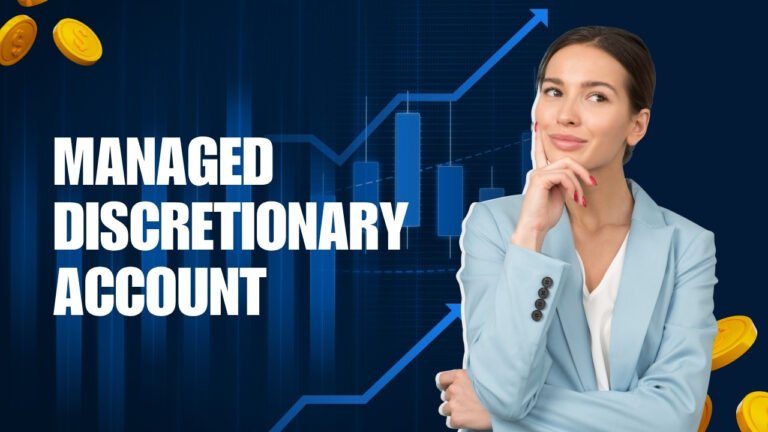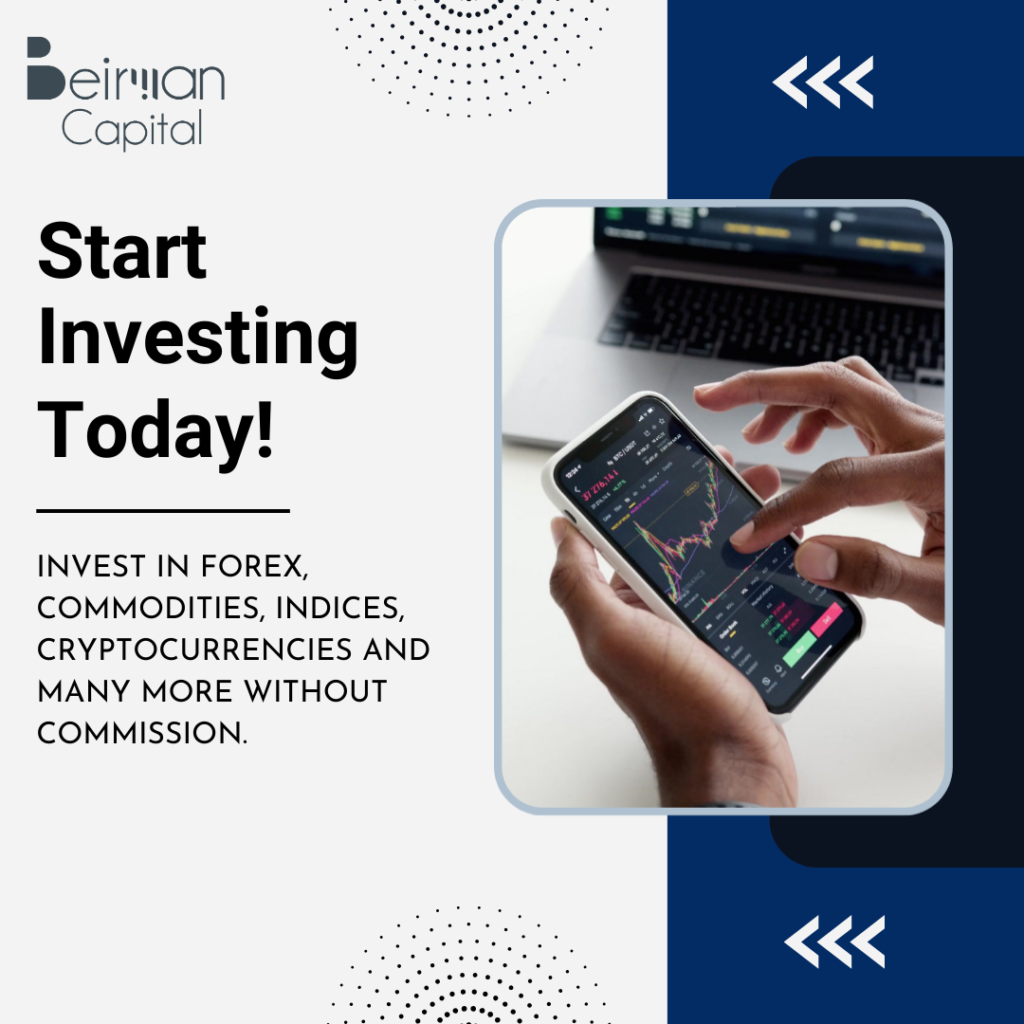Managed Discretionary Account: How to Open, Benefits & Limitations
A managed discretionary investment account is where the authorized brokers buy or sell financial assets on a client’s behalf. Learn all about it to get started.
Table of Contents
Investing your money and making it big is what every person loves to do. But not all have the time, resources, or knowledge to invest their money in the financial market.
Such traders can manage a discretionary account and make money in the market. Wait, you don’t know about this trading account type. Worry not.
In this blog, we will discuss the MDA meaning in Finance, Discretionary account examples, and how to open such accounts with pros and cons. This will help you decide whether to go for a discretionary or non-discretionary account.
What is a Managed Discretionary Account?
A managed discretionary investment account is where the platform can allow any authorized brokers to buy or sell financial assets without the client’s consent from every other trader.
Under this, the client, at the time of account opening, signs a discretionary document. Basically, the platform takes pre-consent from clients for managing their investments.
Generally, with this account, clients’ funds are handled by professional managers. These managers have diverse market asset knowledge, and they buy and sell investments on the client’s behalf.
Example:
Suppose you open a managed discretionary account with a platform. Your account has a capital of $100,000. So in this case, you are allowing the platform to use your funds for buying or selling financial assets without your consent. Also, the terms and conditions of already set based on which tha platform will manage your account. In this way, without any monitoring, you can earn a profit from your investment.

How to Use a Managed Discretionary Account
Interested in the MDA account? Here is how you can open and use it:
Select the platform:
Firstly, you need to select an MDA provider. You need to be very cautious as the provider will make a trade on your behalf. So it should be reputed, trustworthy, and transparent.
Deposit funds:
Once you have selected an MDA provider, open an account with the platform and deposit funds. Remember, with a managed account, platforms have deposit limits, so make sure to read them before starting.
Set your Trading Criteria:
The MDA provider will use your fund without your consent on each trade. Thus, before starting, define your trading criteria. It includes capital to use, maximum risk per trade, asset to spread capital, and other important criteria.
Monitor the Trades:
When going for an MDA account, most traders didn’t even look at their accounts for a significant time. However, that’s not the right approach; you are depositing your hard-earned money for investment.
Benefits of Managed Discretionary Account
Customization:
The best part of the Managed Discretionary Account is that you can decide how your investment will be made. You will provide the guidelines to the investment managers, and then the manager will act accordingly.
Professional Account Handling:
A person with diverse market and strategy will manage your account. So, the chances of a big return are higher. Also, they know how to alter your trades based on changing market conditions.
Beginner Friendly:
Planning your investment is a complex task that requires indepth knowledge. In addition, you need to dedicate proper time and effort, which many people don’t have. So, they can go for managed and save their time.
Limitations of Managed Discretionary Account
High Trading Fees:
When a professional investment manager deals with your account, you need to pay a significant amount. And that is quite high for a non-discretionary account.
Risk:
Giving your account to any other platform is quite risky. They can make high-risk trades in volatile conditions that can affect your trading capital.
Performance Dependency:
The result of the managed account also depends on the investment manager and the platform. Going with the wrong platform or manager can affect the overall results.
Discretionary vs Non-Discretionary Accounts Vs SMA
Many traders got confused between Discretionary, non-discretionary accounts, and SMA accounts. But all three are different types of managed accounts with different features.
A discretionary account is an account where an authorized broker acts on your behalf with your consent on each trade. While Non-Discretionary managed accounts are when the manager provides trade recommendations, they need client approval before execution. And SMA, or separately managed account (SMA), is when a professional makes the investment decisions, but you have a separate account, and you can monitor the trades.
Conclusion
Managed discretionary accounts are great options that save your time, effort and can give considerable returns. However, trusting any platform or person with your hard-earned money may result in a negative outcome. Especially in the current time, when scams in the name of MDA are increasing.
Thus, be vigilant; you can even go for a normal trading account with full control. But for that, you need to dedicate time and learn about the market. You can even start with a demo trading account to try whether you can trade on your own or if you need a managed fund account. And for that, feel free to open a demo trading account with Beirman Capital.
An MDA is an account where an authorized broker acts on your behalf with your consent on each trade. While SMA, or separately managed account (SMA), is when a professional makes the investment decisions, but you have a separate account, and they can monitor the trades.
A fully managed discretionary investment account is where an authorized brokers buy or sells financial assets without the client’s consent for every other trade.
Discretionary, Non-Discretionary, and separately managed accounts are popular examples of managed accounts.
Yes, you can withdraw your managed funds, but such accounts have withdrawal limitations, so your withdrawal plan must be according to the policies.
A managed discretionary investment account is where an authorized brokers buy or sells financial assets without the client’s consent for every trade.
Get Complete Forex Trading Assistance



